What is the Movers Arbitration Program for Interstate Movers
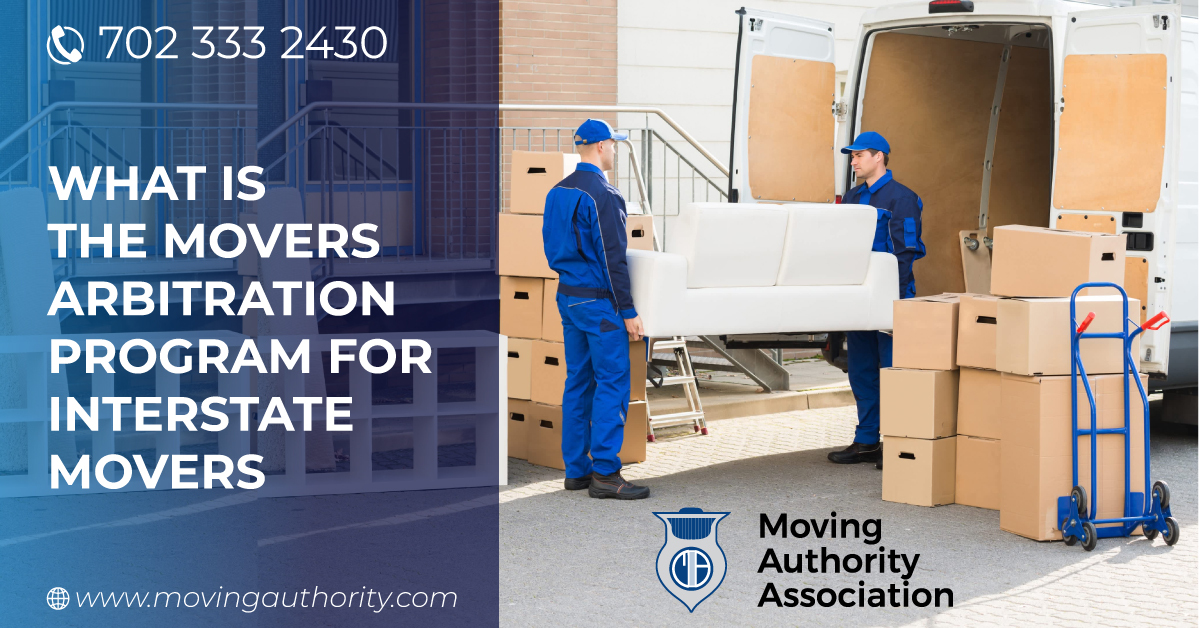
- What is an Arbitration Program?
- Who is Required to Have an Arbitration Program?
- Do Individual Shippers Moving Interstate Participate in Arbitration?
- What Does the Arbitration Program Consist Of?
1. What is an Arbitration Program?
In its most basic form, arbitration resolves disputes between the mover and the customer. Arbitration is private and removes the need to make a court case out of a simple dispute. A third party mediates the arbitration claim. The actual hearing may involve an individual arbitrator or tribunal. A tribunal could have any amount of arbitrators, in some legal jurisdictions, it is required that there is an odd number of arbitrators. This is because they want to eliminate the chances of a tie between the two sides. The typical number of arbitrators is one and three. Both parties relinquish their right to dispute the case to the arbitrators. Again, this is an alternative to court litigation and is typically a binding final decision.
2. Who is Required to Have an Arbitration Program?
A household goods mover must offer arbitration if they plan to do moves interstate. The program is used to resolve disputes between the mover and customer in the event that there is loss or damage to property. Arbitration can also be used in the event that the mover adds additional charges to the final bill that were not agreed upon at the start of the move.
3. Do Individual Shippers Moving Interstate Participate in Arbitration?
Individual shippers may participate in a household goods arbitration program but also have the option to opt out. Individual shippers, given that they have smaller cases, are able to seek dispute resolution through the court system.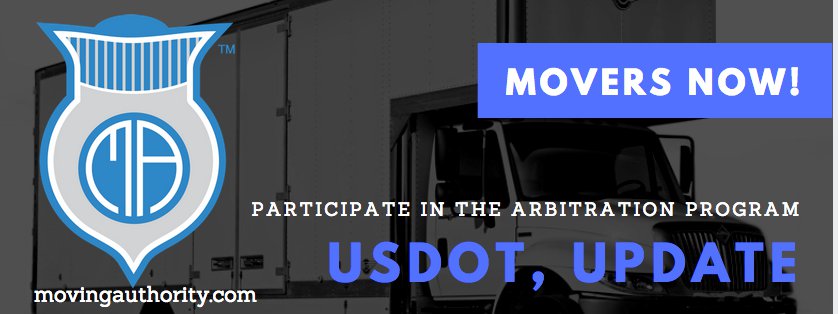
4. What Does the Arbitration Program Consist Of?
There are a few components that must be part of any arbitration program. First, it must operate in a way that is fair to both the mover and the customer, regardless of the customer’s proximity to the mover’s chief operating facility. Also, before preparing an individual’s goods for transport, the mover must tell the shipper about the arbitration program. With this, the mover must include a summary of the arbitration procedure, as well as the cost and legal effects of using arbitration. If the shipper requests it, then the household goods mover must also provide all forms necessary for beginning the process of arbitration. An arbitrator cannot be in any way connected to the customer or the mover. This is to ensure the fair resolution of conflicts. In order to further allow a fair and fast decision, the household goods mover must ensure accessibility by the arbitrator to any documents that may allow a resolution to be reached. While the arbitrator may be able to determine the percentage of payment of each party, the individual shipping customer must pay no more than half of the cost of arbitration. Check out Moving Companies Arbitration.
A household goods mover cannot force a shipper to use arbitration before a dispute arises. If a dispute does arise and the shipper chooses to use arbitration, the household goods mover is bound for claims less than or equal to $10,000. If the claim exceeds $10,000 the household goods mover is bound for arbitration if the individual shipper wishes to use arbitration. If agreed upon by the household goods mover and individual shipper, the arbitrator may provide an oral presentation of the dispute. The arbitrator must also make a decision within 60 days of receiving written notification of the dispute. An arbitrator's decision may include any remedies appropriate under the circumstances. The sixty-day period may be longer if the shipper or household goods mover does not provide the documents necessary for the arbitrator to make a decision. To know more visit at: Arbitration Dispute Settlement Brochure
Many arbitration programs are not mandatory but a Moving Company is.
Whether or not you utilize them is your decision. Despite this, local legislation in your area might require you to seek arbitration for disputes. A few companies require shippers and movers to seek arbitration for their disputes, thus waiving their right to court decisions.
The amount of time that arbitration will take varies. Mediating issues requires meetings. However, arbitration requires hearings. Both meetings and hearings may happen in person, or via a teleconference. However, there are some programs that work to resolve conflicts based solely on written statements. These are also referred to as “desktop arbitrations”. In certain cases, an arbitration case will begin with mediation. If this does not produce a result, then the case will move to arbitration. Arbitration tends to yield a resolution much quicker than a court case. For more information visit. Moving Arbitration Program vs. Small Claims Court.
Household goods movers tend to work with certain arbitrator programs for their disputes. Many of these companies also provide lists of arbitrators that you can choose from. Certain states or arbitrator programs may have their own set of rules to ensure that an impartial status is maintained by both parties during the arbitration proceedings. You may ask for a copy of these rules if you desire. Do I Need An Arbitration Program?
Arbitration proceedings may or may not be confidential. You should find out of the program you have selected ensures confidentiality. Mediating tends to be confidential. However, arbitration is sometimes confidential. If privacy is important to you, then you should read up on the specific rules of the program prior to selecting an arbitration program. check out Arbitration Request Form.
Neutrality is a key part to arbitration. To find out just how neutral your program is, you should ask who pays for the arbitration proceedings. It is also good to find out if arbitration comes from an independent company. For more details visit Arbitration Program Protection.
Costs for arbitration can vary. Certain arbitration programs are offered free of charge. Other companies may charge a flat rate, which is determined by your ability to pay. If you choose to use the services of a private attorney, then you also pay their fees.
Is an arbitration or mediation decision binding? Mediation is not a binding decision, arbitration decisions may or may not be binding on the company, you, or both. check out. Movers Arbitration
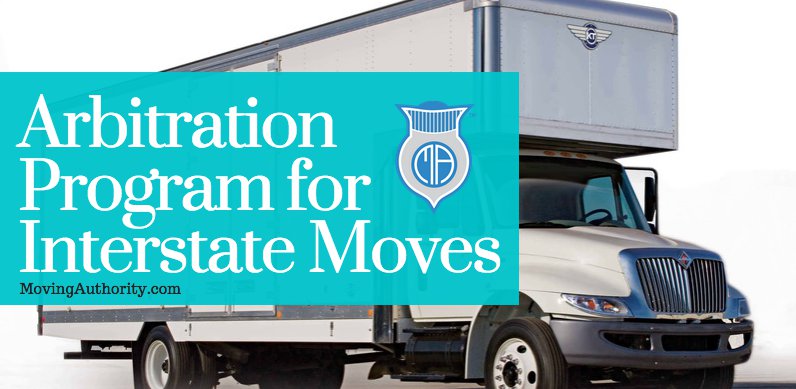
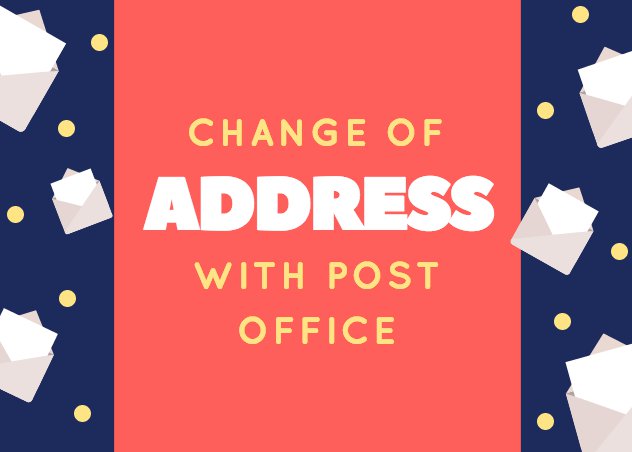
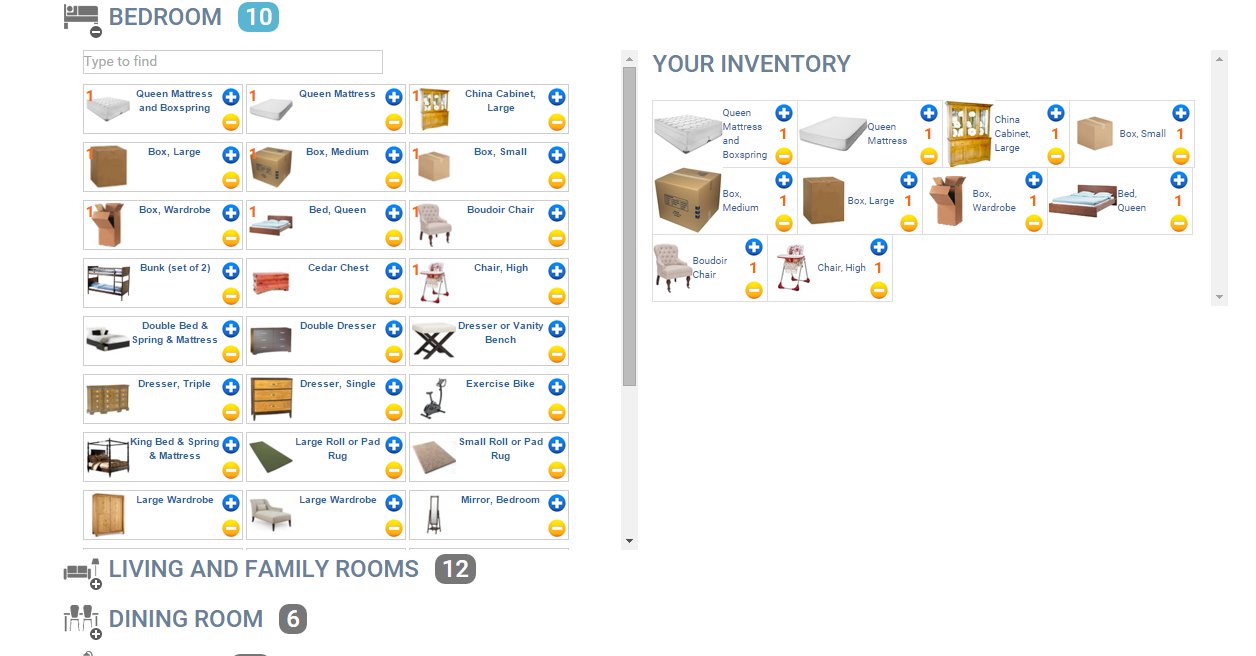
Add Comment